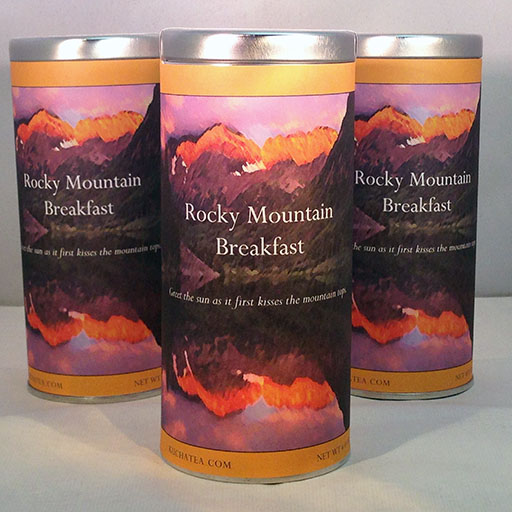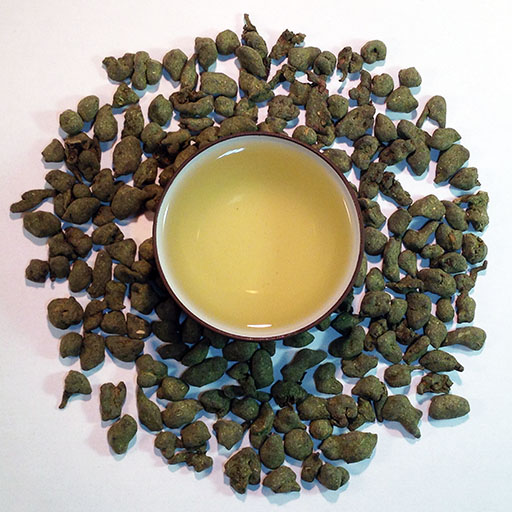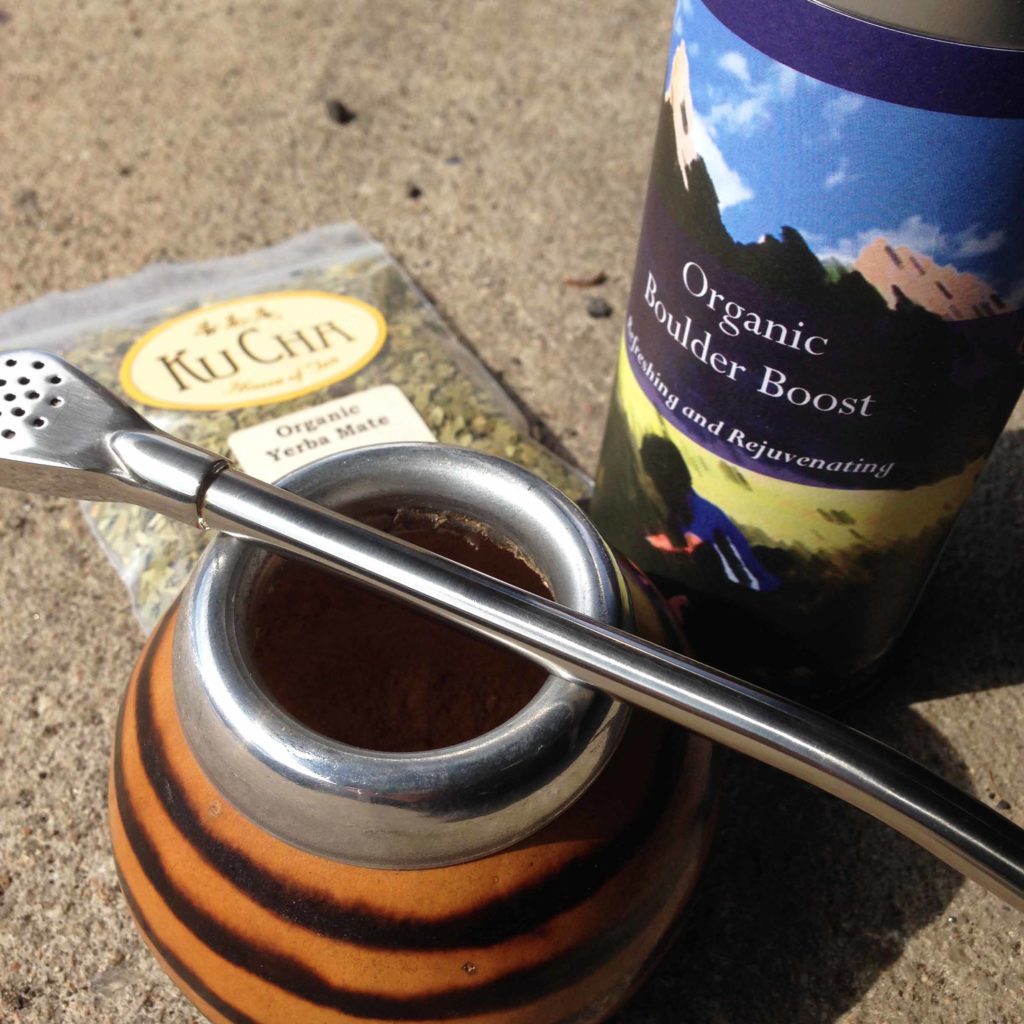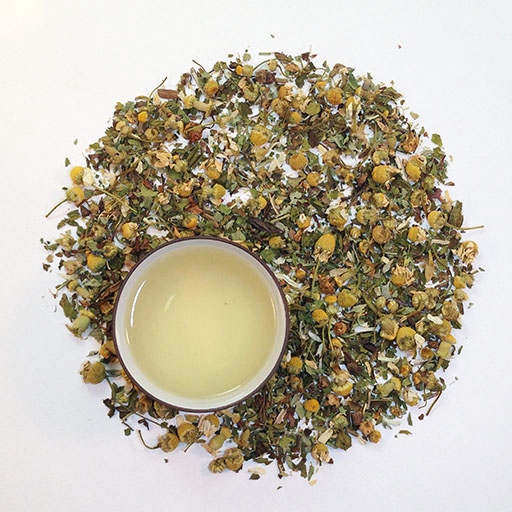The union of tea and scholarship goes back for hundreds of years in China, and for good reason — tea stimulates mental energy and creativity

A Chinese tribal chieftain named Shennong first discovered tea, in 2800 BC. He believed it was a medicinal herb, and encouraged people to use tea to cure ailments.
It took thousands of years for green tea to become the beverage people around the world appreciate today. We can thank scholars from the Han Dynasty (202 BC – AD 220) for the transformation of tea from medicine to a pleasing part of the daily routine.
Scholars sipped tea to help drive them through long hours of study. They wrote poetry about tea. The scholar Lu Yu (713-756) wrote Cha Jing(Tea Scripture), a book that combines the Confucian concept of harmony with Buddhist ideas about truthfulness and Taoist principles regarding unity between nature and people.The connections between scholarship and tea continued to strengthen over the centuries, and they remain strong across China. With students returning to universities, as well as high schoolers getting ready for a year of physics and history, we are keen to introduce budding scholars to the benefits of tea-drinking during the parade of months buried in books and stuck in labs.

One of tea’s many advantages is its relatively low caffeine content. While many people kickstart their days with high-caffeine coffee, some cannot keep drinking it across the day. Among other things, coffee makes them feel jittery in both body and brain. And a jittery brain does not nurture deep thought.
Instead of sudden blasts of energy, tea instead offers a steady, subtle drip of vitality. It’s a beverage seemingly made for people who spend their days engaged with the life of the mind.
With more than 200 varieties of tea in our shop, as well as many more herbal and flavored teas, we provide students with myriad liquid strategies for stimulating imagination and promoting mental stamina.
Congratulations, students! We applaud your hard work. You represent our future. We are here to help in any way that we can, and that includes helping you enjoy tea to get through those differential equations.
Rocky Mountain Breakfast Tea

As the name suggests, this is a perfect tea for beginning the day. Our Rocky Mountain Breakfast tea combines Assam black tea from Northern India with Keemun black tea from China’s Anhui province, a smooth, strong blend with notes of pine. Both teas grow in dense forests surrounded by clouds — perfect environments for tea.
We savor the bold flavors of this custom blend. Mornings often require a bit more spark, and the flavors in this tea help arouse the mind and animate the body.
Blue Spring

Oolong teas, which are more oxidized than green tea but less than black tea, stand as an ideal style for all-day sipping. And Blue Spring, a Ku Cha house favorite, has the added benefit of licorice powder.
Tea artisans in China’s Fujian province harvest the large tea leaves used for Blue Spring during the spring season, at elevations above 3,000 feet. They roll the leaves into pellets, and then coat them with powder from licorice root. Blue Spring tea looks like pebbles, but it tastes like nectar. The licorice not only helps to craft a beguiling flavor; it also aids with digestion and stimulates mental energy.
Boulder Boost

It is 3 o’clock. You yawn. Minutes later, you yawn again. But you have another eight hours of advanced statistics. It’s time for a cup or two of Boulder Boost.
Our custom blend, aimed towards Boulder’s many mountain enthusiasts, is ideal for people in search of energy during long hikes, mountain bikes or days on the slopes. But it is fabulous, too, for scholars in need of fresh mental strength. The blend combines strong black tea with guayusa, an Ecuadorian holly plant with caffeine in its leaves. The tea and guayusa provide the caffeine. The blend also includes tulsi (also called “holy basil”), which is used for mental and physical balance, as well as rooibos, a South African shrub that also stimulates the body while adding electrolytes, which enrich the body with more energy. Finally, Boulder Boost includes spices like ginger, fennel, allspice and cinnamon. These spices help digestion while encouraging mental activity.
Night Time Blend

After so many hours of intense concentration, it can be tough to fall asleep. The mind is racing with thoughts of equations, political theory, historical trends and much more, even as the body says, “Hey, scholar, it’s time to go to sleep.”
This blend helps align body and brain at the end of the night. Our blend of chamomile, catnip, peppermint and valerian root works to bring those soaring thoughts back down to earth, just as you slip under the covers.
Remember: Sleep is essential for energy. If you scrimp on sleep, no amount of tea is going to prepare you for a day of intense study.

